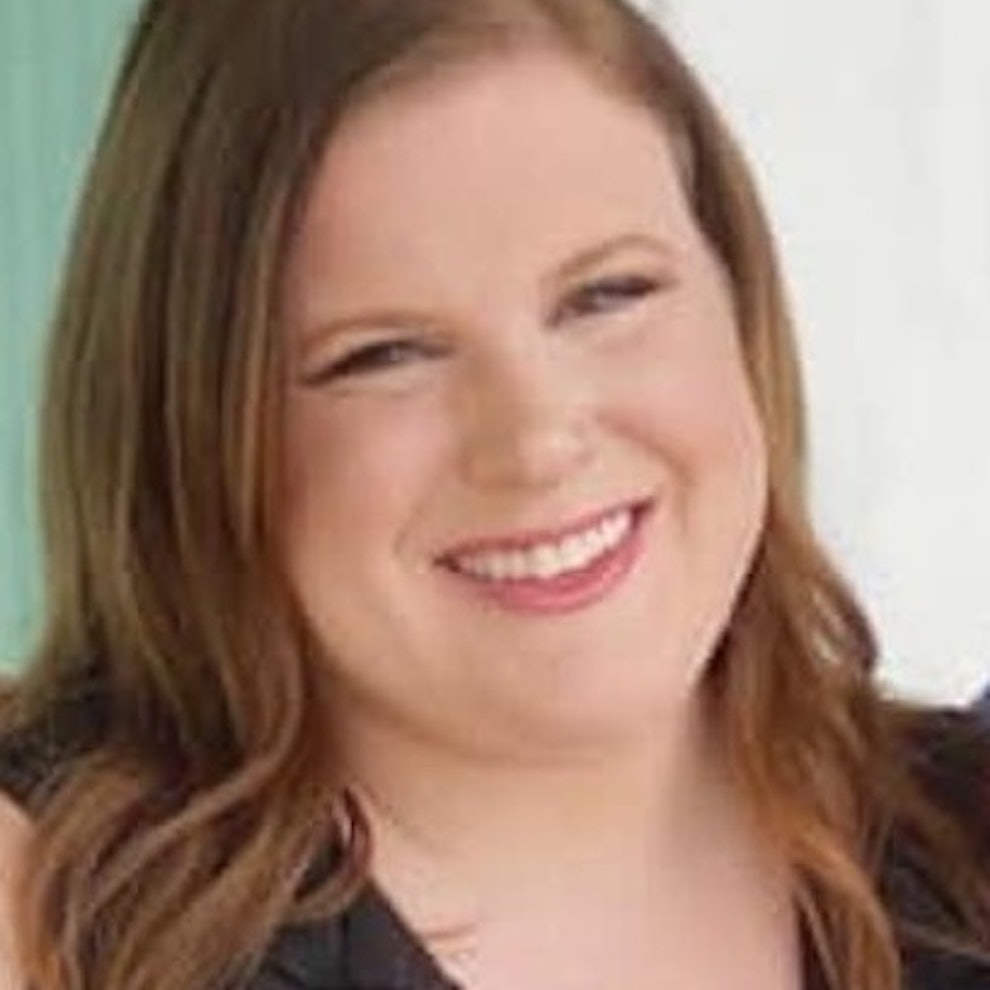What to Know About Medicare and CPAP Machines
Article at a glance
- A continuous positive airway pressure (CPAP) machine is a breathing device used to treat obstructive sleep apnea.
- Medicare covers CPAP machines and replacement supplies as durable medical equipment (DME) under Medicare Part B (medical insurance).
- Medicare Advantage plans will also cover CPAP machines and replacement supplies if the patient has been diagnosed with obstructive sleep apnea.

A continuous positive airway pressure (CPAP) machine is a breathing device most commonly used to treat obstructive sleep apnea. It helps provide individuals with a steady flow of oxygen into the nose and mouth during sleep.
The risk of developing sleep apnea increases with age. Since most Americans become eligible for Medicare at age 65, sleep apnea may be a health concern. Does Medicare cover CPAP machines, however?
In short, yes, the Medicare program includes coverage for CPAP therapy, including a CPAP machine rental and CPAP supplies. That said, there are rules in place in order for Medicare patients to qualify for CPAP coverage.
This article will explain everything Medicare beneficiaries need to know about Medicare and CPAP machines.

What Is Sleep Apnea?
Sleep apnea is a common sleep disorder that occurs when the body starts and restarts breathing throughout the course of sleep. In turn, the body may not receive enough oxygen as a result.
There are two types of sleep apnea: obstructive sleep apnea and central sleep apnea.
What is Central Sleep Apnea?
Central sleep apnea is a sleep disorder that happens when the brain doesn’t send signals necessary for breathing during sleep. Central sleep apnea is caused by certain health conditions that impact how the brain controls your airway and chest muscles.
What is Obstructive Sleep Apnea?
Obstructive sleep apnea (OSA) is a respiratory system disorder in which the airway in the back of the throat is blocked physically. This blockage, known as an obstruction, causes temporary lapses in breathing.
What Are The Symptoms of OSA?
Symptoms of OSA include:
Loud snoring
Frequently waking up
Nocturnal restlessness
Vivid nightmares
Excessive daytime sleepiness
Morning headaches
Mood changes
Trouble focusing
Who Is At Risk for Developing OSA?
There are a number of risk factors associated with developing OSA. These include:
Obesity
Being male
Older age
Large neck size
Upper airway and facial abnormalities
Family history of sleep apnea, snoring, or breathing issues
Smoking
Nasal congestion
What Are The Complications Associated With OSA?
Complications associated with OSA include:
Poor sleep quality
High blood pressure or heart problems
Type 2 diabetes
Liver problems
Metabolic syndrome
How Is OSA Diagnosed?
OSA is typically diagnosed via an overnight sleep study. Sleep studies are able to diagnose the type of sleep apnea one is experiencing as well as the sleep disorder’s severity.
How Is Sleep Apnea Treated?
Sleep apnea is treated through interventions such as wearing breathing devices while sleeping and lifestyle changes such as losing weight, limiting alcohol intake, getting regular exercise, and more.
What is a CPAP Machine?
CPAP stands for continuous positive airway pressure. A CPAP machine is a breathing apparatus that gives individuals a steady flow of air into the nose and mouth while they sleep.
CPAP machines are usually prescribed to treat sleep apnea disorders, most commonly OSA.
Benefits Of Using A CPAP Machine
There are a number of benefits to using a CPAP machine.
Better sleep
Heart disease prevention
Improved emotional stability
Reduced medical expenses
Eliminated snoring
Enhanced concentration

How Much Does A CPAP Machine Cost?
A CPAP machine usually costs between $400-$1200, depending on the quality of the machine. In addition to the machine, other costs may include paying for CPAP supplies such as:
Humidifier
Masks
Hose
Replacement CPAP supplies (e.g., filters)


Does Medicare Cover CPAP Machines?
Medicare coverage includes CPAP machines. That said, a Medicare beneficiary must meet a number of criteria in order for the CPAP machine to be covered by Medicare.
Undergoing a sleep test (either in a lab setting or by using an approved at-home test)
Receiving an OSA diagnosis based on the sleep study results
Obtaining a prescription for the CPAP machine from the patient’s doctor
Getting the CPAP machine via a Medicare-approved supplier
How Does Medicare Cover CPAP Machines?
As a reminder, Medicare functions in two main parts. These Medicare Parts are Medicare Part A (hospital insurance) and Medicare Part B (medical insurance). CPAP machines would fall under Medicare Part B coverage.
Understanding Medicare Part B Coverage
Under Medicare Part B, Medicare beneficiaries pay 20% of the Medicare-approved amount for the rental of both the CPAP machine and the purchase of related CPAP accessories and equipment such as a face mask and tubing. The Medicare Part B deductible applies.
At first, Medicare will only cover a three-month trial period of CPAP therapy. That said, Medicare may pay for CPAP therapy longer with proper documentation from a Medicare beneficiary’s doctor. If the patient’s doctor says the CPAP therapy is working, Medicare will cover the CPAP therapy.
Medicare pays the CPAP machine supplier during the rental period of the device. Medicare will cover up to 13 months of CPAP rental. After that 13-month period, a beneficiary will then own the CPAP device. Do note, the supplier must be enrolled in Medicare in order for Medicare to cover the CPAP machine and associated supplies.
Do Medicare Advantage Plans Cover CPAP Machines?
Medicare Advantage plans, also known as Medicare Part C or MA plans, are supplemental Medicare plans. Medicare Advantage plans bundle Medicare Part A and Medicare Part B into one health insurance plan. MA plans are offered through private insurance companies that are Medicare-approved.
A Medicare Advantage plan will also often have additional benefits, including dental, hearing, and vision. MA plans also often include Medicare Part D, prescription drug coverage, within its policies.
Because MA plans have both Medicare Part A and B combined in one plan, coverage for CPAP machines will work in the same way as Original Medicare.
Does Medigap Cover CPAP Machines?
Medigap is Medicare’s supplemental insurance. Medigap provides additional coverage for Medicare beneficiaries. Medigap plans help “fill in the gaps” of Original Medicare.
Medigap may help pay some of the costs for a CPAP machine. For example, many Medigap policies are sold by private insurance companies and help pay some out-of-pocket costs such as deductibles, coinsurance, and copays. This may include covering the Part B deductible amount.
Do note, someone cannot be enrolled in both a Medicare Advantage plan and a Medigap plan, as they’re both considered supplemental insurance to Medicare.
How To Find A Medicare-Approved Supplier
In order to find a Medicare-approved supplier for a CPAP machine, visit the official Medicare website’s DME supplier search tool.
FAQ
Does Medicare cover the full cost of a CPAP machine?
Medicare doesn't cover the full cost of the CPAP machine and supplies, but it does cover 80% of the cost, leaving you to pay the remaining 20%.
How long will Medicare help pay for the CPAP machine?
If you use the machine without interruption, Medicare will cover 80% of the cost for 13 months. After that period, the CPAP machine will be paid in full and will belong to you.
Sources
https://www.medicare.gov/coverage/continuous-positive-airway-pressure-devices
https://www.cms.gov/Medicare/Coverage/Coverage-with-Evidence-Development/CPAP
https://www.cms.gov/medicare-coverage-database/view/ncacal-decision-memo.aspx?proposed=N&NCAId=204
https://www.uhc.com/news-articles/medicare-articles/will-medicare-cover-a-cpap-machine
https://www.mayoclinic.org/diseases-conditions/sleep-apnea/symptoms-causes/syc-20377631
Become a patient
Experience the Oak Street Health difference, and see what it’s like to be treated by a care team who are experts at caring for older adults.




